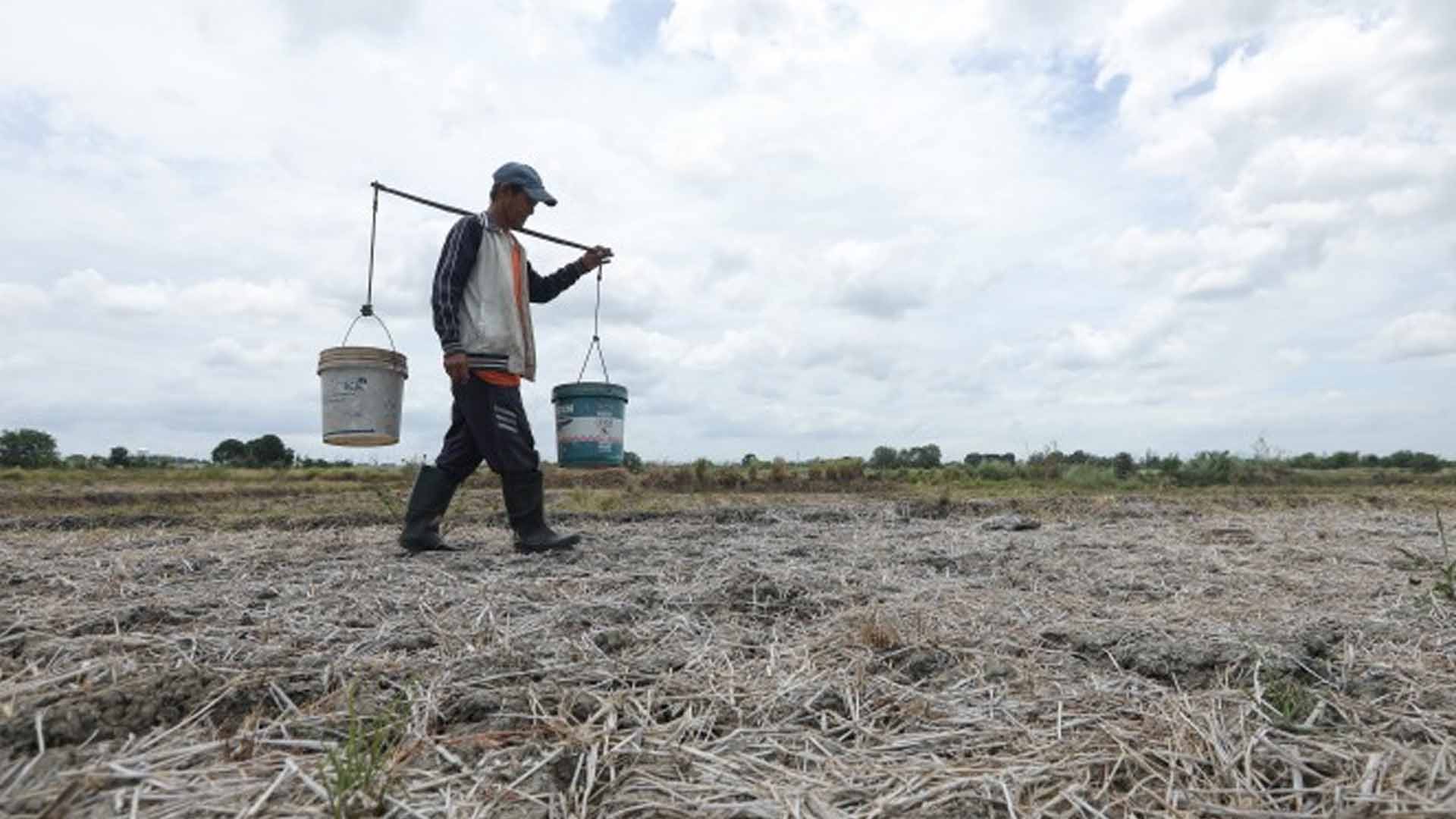Union of Local Authority of the Philippines (ULAP) national president Dakila Cua on Friday said the country should improve its water management policies to effectively address the effects of the El Niño phenomenon.
In a Bagong Pilipinas Ngayon briefing over PTV-4, Cua said the focus should be on sustainable water resource management to mitigate the ill effects of the weather phenomenon.
He said the water management system should be integrated in terms of agricultural production, industrial use and domestic use, as well as in water recycling and ecosystem restoration.
“It’s about integrating the plans of water collection and water management kasi kung collect tayo nang collect [rainwater], hindi naman natin pina-pump out iyong mga excess ay magbabaha naman din tayo – iyon iyong simple sense (because if we just keep on collecting, and we are not pumping out excess then we would still be flooded–that the simple sense),” he said.
“Pero (But) those are things that are already being done and talked about by agencies, I think we just need more awareness para lahat ng lokal na pamahalaan, lahat ng (so that all local government units, all) national government offices and even private investments will be aware of the masterplan on water,” he added.
Cua, however, noted that efforts have been made by the government to standardize the country’s water management system and align it with the Sustainable Development Goals (SDGs) of the United Nations.
Cua also expressed support to President Ferdinand Marcos Jr.’s push for a law creating a separate department that will focus on water resource management.
“I think, that’s a good move and I support that completely,” he said.
In December 2023, the House of Representatives has approved on third and final reading the priority bill seeking the creation of the Department of Water Resources (DWR).
The DWR shall be the primary agency responsible for the comprehensive and integrated identification and mapping of all water resources, planning, policy formulation, and management of the ownership, appropriation, utilization, exploitation, development, sustainability and protection of water resources in the country, except fisheries or aquaculture.
The DWR shall also develop institutional arrangements with public water organizations and ensure coordination with all stakeholders for all water resource development, integration and management activities, including sanitation, flood risk, and drought risk managements.
The bill also proposes the creation of the Water Regulatory Commission as an independent, quasi-judicial regulatory body with overall authority and powers that shall cover and apply to all service providers, whether private or public, providing or intending to provide water supply, including suppliers to subdivision or other service providers, sewerage, or septage treatment and disposal services.
The measure seeks to reconstitute the National Water Resources Board as the National Water Resource Allocation Board, which would serve as the approval body for using water resources, including dam construction.
A water trust fund shall be established for water development, water sanitation, and wastewater treatment and management, as well as water sustainability programs and projects. (PNA)





















